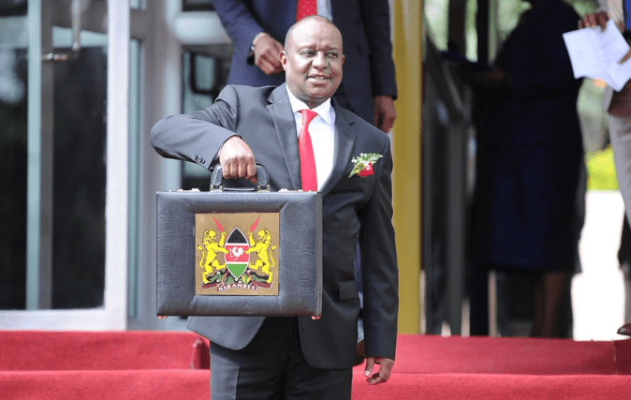The Executive Board of the International Monetary Fund (IMF) Wednesday approved a disbursement of US$52.3 million (about UShs193.5bn) or 15 percent of its SDR quota) to South Sudan under the Rapid Credit Facility (RCF) . This is the first Fund supported financial assistance provided to South Sudan since it joined the Fund in 2012.
The disbursement will help finance South Sudan’s urgent balance of payments needs, contain the fiscal impact of the shock and will provide critical fiscal space to maintain poverty-reducing and growth-enhancing spending.
Prior to the COVID-19 pandemic, South Sudan had achieved significant progress due to improved political stability and an uptick in global oil prices. Economic growth rebounded, inflation declined, and the exchange rate stabilized. However, the pandemic and oil price shock created severe economic disruption, leading to deterioration in the fiscal and external balances, and a sharp decline in growth, reversing some early gains from political stability. South Sudan economy is projected to contract 3.6 percent in FY20/21, about 10 percentage points below the pre-pandemic baseline.

The authorities have committed to public financial management reforms, transparency and accountability to ensure that the RCF resources are used appropriately and for their intended purpose.
Following the Executive Board discussion, Mr. Mitsuhiro Furusawa, Deputy Managing Director and Acting Chair, issued the following statement:
“The COVID-19 pandemic has severely affected South Sudan and reversed early gains from political stability. The health and economic impact of the pandemic, coupled with the decline in oil prices, led to a collapse of revenues and have created urgent balance of payments and fiscal financing needs. The authorities’ efforts to address the human and economic effects of the pandemic are appropriate and have helped limit its spread. Additional financing from the international community remains critical to close the external financing gap and ease the adjustment burden.
“The authorities are committed to pursuing macroeconomic stability by implementing fiscal consolidation, limiting the use of monetary financing of the deficit and containing reliance on non-concessional debt. They intend to safeguard poverty-reducing and growth-enhancing spending.
“The authorities are implementing public financial management reforms to enhance the budget process and improve governance. They have established a Public Financial Management Oversight Committee and are preparing a reform strategy. With technical assistance, they are strengthening budget and cash management systems. The authorities are committed to full transparency and accountability of crisis-related spending, including publishing information on procurement and ex-post audits.”





